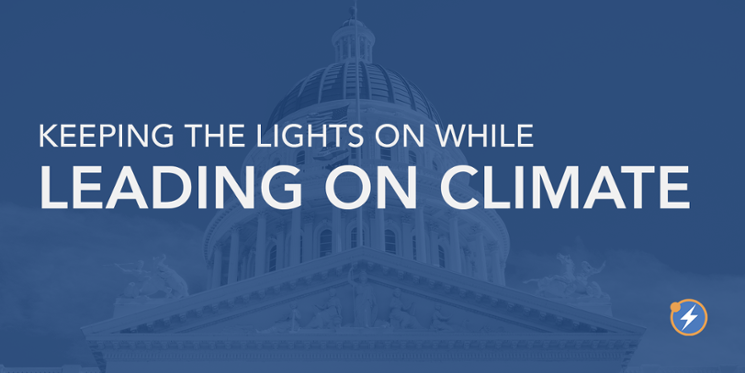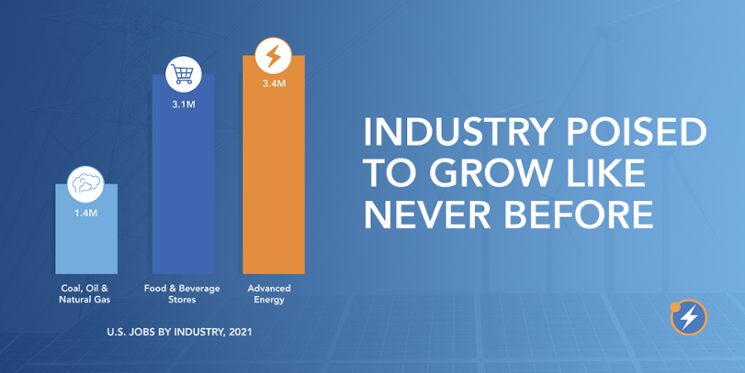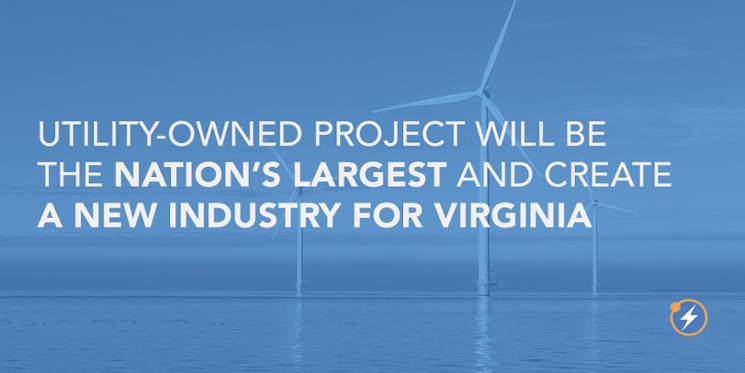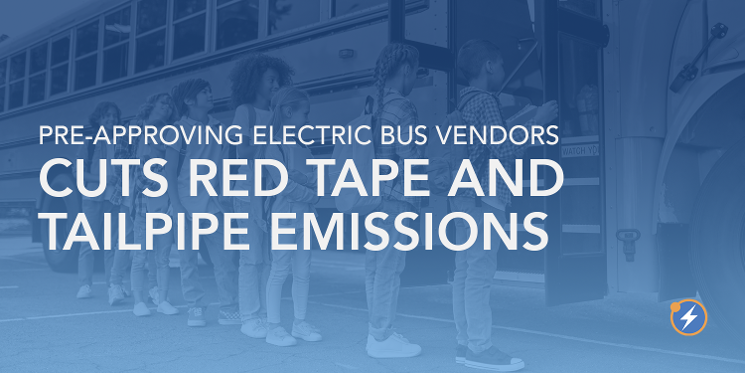
Extreme weather. Spiking natural gas prices. Peak levels of electricity use that push the grid to its limit. Our energy system faces a growing set of challenges, and our utilities and their regulators have to make big infrastructure and investment decisions today to solve those challenges. But even with a growing number of advanced energy technologies and solutions available – including those on the demand-side – many electric utilities just want to build more natural gas-fired power plants. We think there is a better way. Here’s how utilities – and one utility in particular – can use rates, incentives, and technology to manage energy use and save customers money.



